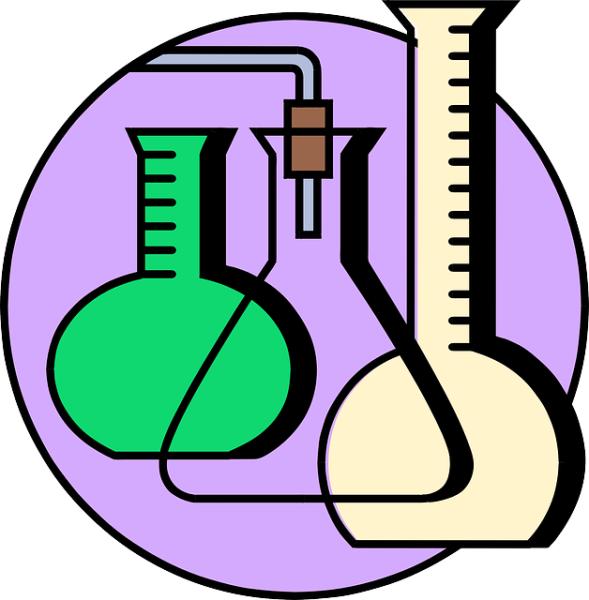Stakeholders, be they individuals or institutions, seek to sway public opinion and policy. Industries, often with the prefix Big, have manufactured doubt, provided financial resources and incentives for their views and delayed regulations. In nutritional science, every major food group has had its turn as the villain, and that includes vegetables, the most honored of foods, that may be deficient in needed micronutrients in strictly vegan diets. Most recently the fight has turned to sugar versus fats, fats are now good and sugar the great villain. Two historians provide a contrarian narrative in a past issue of Science.
I will not summarize their story; it is lucid and concise, worth a read rather than an abstract. It is the need to view history, including science’s history, through the lens of those times, rather than the contemporaneous belief that animates our current discussion. In the period after World War II, when industry was harnessed for the common good, payments and collaboration with industry were not the knee-jerk evil invoked today.
The article is not a defense of reprehensible behavior by the Bigs. They acknowledge industry’s attempts at influencing research, always with an eye towards marketing and increased sales. But they quote Gary Taubes, author of The Case Against Sugar,
“What industry does is find people who already believe something that the industry finds convenient, and then they pay those people to make those beliefs known.”
But it is another historical perspective that I believe warrants our attention. Unlike facts, the act of doing science is a social construction “powerfully shaped by social forces and political choices.” The narrative of bad fat was based partly on evidence, subsequently amplified as scientists who studied “bad fat” became “thought leaders” influencing the distribution of NIH funding. Conflicts of interest are not merely financial; they have philosophic origins as well.
For the six years of my surgical residency and fellowship, every week we stood to confess the mistakes in judgment, fact, and technique we made. For the more than 25 years of practice, those confessions, part of a morbidity and mortality conference were done at least monthly if not more often. I have a lot of experience listening to and confessing my errors. It is hard to say you are wrong, hard to say that despite your best thinking and efforts, that your work could be better. One of the ways we often sought to deflect our embarrassment, guilt or shame was to blame another. Frequently it was the patient; they were a poor candidate for our treatment, and they didn’t cooperate with our plan. Other times, it was a fault posited upon fate and random occurrence – S**t happens.
Practicing science like practicing medicine is inherently uncertain. Medicine corrects itself with self-reflection; science corrects itself with better, more complete explanations. When your stature rises and falls upon your “contribution to current theories,” then scientists have a social conflict of interest, no different than the physician standing before their peers explaining an error they made. And like those physicians, it is sometimes easier to blame the Bigs rather than acknowledge that your work may not be as valued as we hoped.
Science is a human enterprise, constrained by human foibles. Sometimes you have to acknowledge that you're wrong or at least not wholly correct, pick yourself up and try again. Recognizing that belief may be a conflict of interest, is an important step forward. So is acknowledging that despite their, at times bad behavior, the Bigs are not to blame because of some vast conspiracy featuring willing accomplices and dupes among the scientific community.
Source: Was there ever really a “sugar conspiracy”? Science DOI: 10.1126/science.aaq1618




